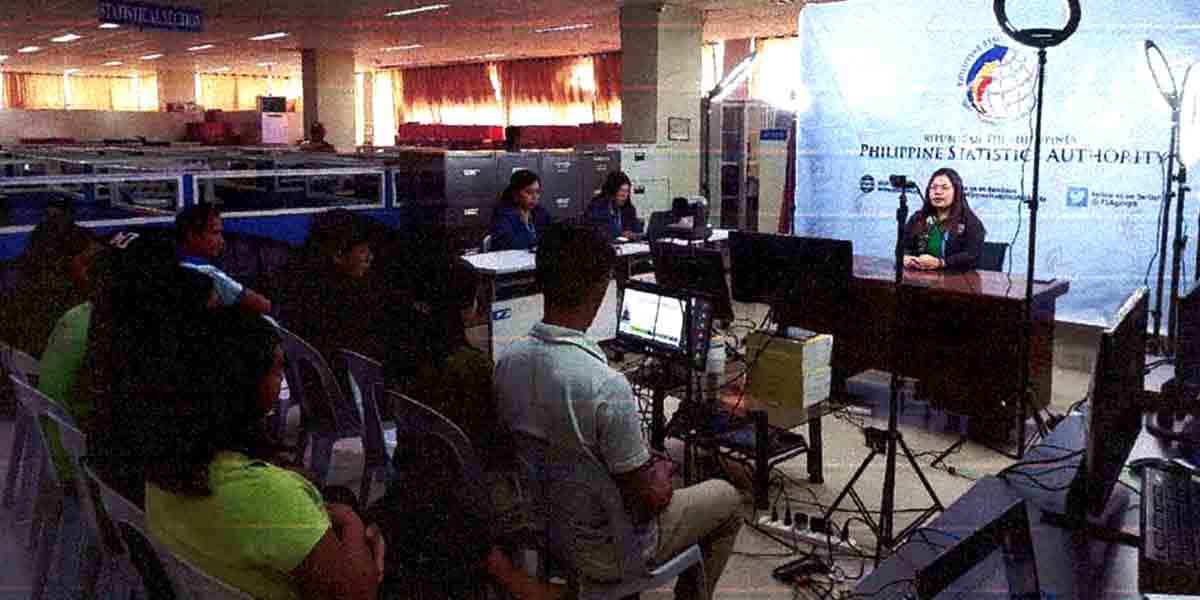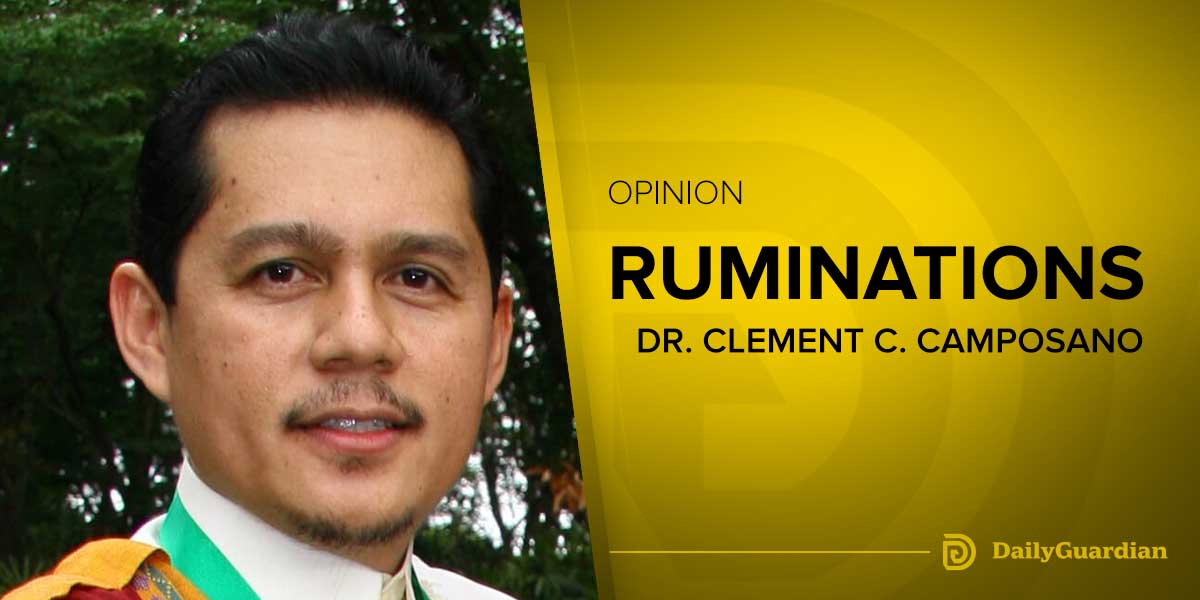
Senate Minority Leader Franklin M. Drilon said that small trading state firm Philippine International Trading Center (PITC), now at the center of a controversy involving a P33.4 billion “parked” funds, is being used as a “pawn” by agencies to skirt their obligations to return unutilized funds to the national coffers and avoid procurement-related liabilities.
“It appears like government agencies are using PITC to skirt the end-of-the-year validity of appropriations. Inilalabas po nila ang pera bago mag-lapse or expire ang appropriation,” Drilon said in a privilege speech Tuesday, which called for the Senate to investigate the issue.
“Is this a scheme?” Drilon said, adding: “PITC is being used as a pawn. PITC effectively provides a mechanism to hide inefficiencies in government.”
“Instead of returning to the General Fund the money that they cannot utilize, it seems that government agencies deposit the funds in PITC. Billions of pesos in public funds are parked in the bank accounts of PITC,” Drilon stressed.
Drilon explained that once agencies are unable to obligate and disburse the funds allotted to them by the end of the year, the appropriation will lapse and the funds will revert to the National Treasury.
This will negatively affect their absorptive capacity and can be used by the Department of Budget and Management (DBM) to reduce their appropriation in the next budget cycle, he noted.
Drilon stressed that to park unutilized funds with PITC in the guise of procurement of goods and services only to skirt the end-of-the-year validity of appropriations is a violation of Section 10 of the General Provisions of the General Appropriations Act.
Section 10 of the GAA mandates reversion of funds when the terms have expired or when they are no longer necessary for the attainment of the purposes for which the funds were established.
This could be the reason behind the tremendous growth in PITC’s consumers’ deposits in a span of five years – from only P4.8 billion in 2015, it grew to P33.4 billion in 2019.
Drilon also said that it is possible that some agencies turn to PITC to avoid procurement-related liabilities. He explained that for any procurement through PITC, the mother agency or source agency would not be liable for the bid process as it is not the head of the procuring entity, but the PITC.
Drilon said the billions of public funds parked in PITC should be returned., as the country needs funds to buy Covid-19 vaccines, address housing backlogs, feed hungry Filipinos, among others.
“Huwag na po tayong umutang. Isoli na lang po ng PITC ang P33.4 bilyon,” he said.
Drilon added: “I believe that this practice of improper, or shall I add dishonest, handling of public funds has become a bad habit in government.”
The Senate chief fiscalizer also questioned the authority of the PITC to impose a service fee of 1 to 4 percent and to engage in construction of fire stations, multipurpose halls and lighthouses, when it is clear from Executive Order 133 that the state firm shall only engage in both export and import trading on new or non-traditional products and markets not normally pursued by the private business sector.
“I was surprised with the coverage or kind of procurements that PITC is undertaking for the government bureaucracy: from face towels, t-shirts, shoes, guns, x-ray machines, and firetrucks, to infrastructure projects such as fire stations, lighthouses, multi-purpose halls, and training centers,” he said.
In addition, Drilon, who authored the GOCC Governance Act, said that as a state-owned corporation the PITC is mandated to remit dividends to the national government.
Citing COA reports, the PITC has received service fees of over P50 million in 2016, P76 million in 2017, P137 million in 2018, and P171 million in 2019, according to Drilon. In 2019 alone, the state firm posted a combined service fee and business income of P784 million.
“We should likewise ask: what percentage of this service fee is being remitted to the national coffers?” he asked.
“It is worrisome that this is the agency that the national government is tapping to handle the procurement of Covid-19 vaccines.
The allocation for vaccines which will be coursed through PITC is at P20 billion.
At a 1% commission, Drilon estimated that PITC will earn about P200 million for P20 billion, an amount which could still buy extra million doses of vaccines.



















